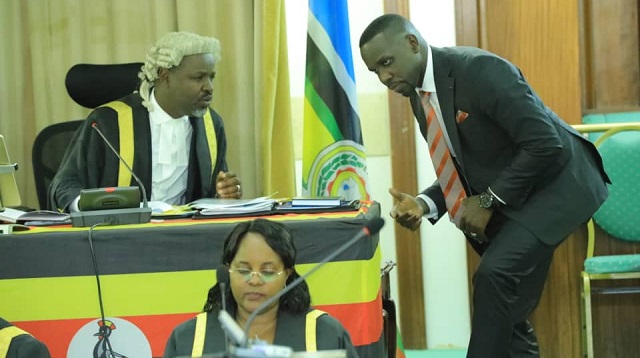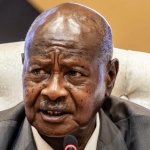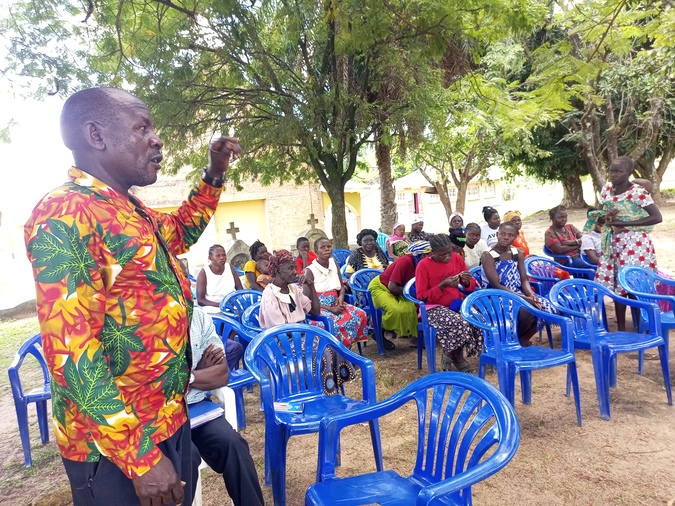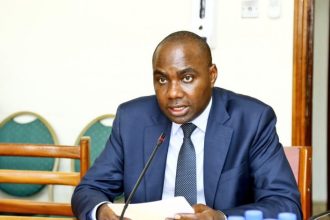Opposition Leader Demands Action Over Empty Promises on Corruption
The Leader of the Opposition, Joel Ssenyonyi, has criticized the government’s overly optimistic portrayal of national progress in a response to the State of the Nation Address (SoNA) delivered on June 6, 2024. According to Ssenyonyi, the address failed to address critical issues facing Uganda and came across as ceremonial rather than substantive.
During his response on August 1, 2024, Ssenyonyi expressed disappointment with the government’s performance, noting a significant disconnect between the government’s claims and the reality faced by ordinary citizens. He emphasized that the address seemed more focused on ceremonial aspects than on providing a genuine assessment of the nation’s condition.
Ssenyonyi highlighted several pressing economic issues, including rising unemployment and the high cost of living. He pointed out that many borrowed funds have not been effectively utilized, with numerous loans either unspent or mismanaged. As of June 2024, Uganda’s public debt has soared to Shs97 trillion, yet the government continues to incur more debt.
He criticized the government’s borrowing practices, stating that they undermine the country’s fiscal health and place a heavy burden on future generations. Ssenyonyi also criticized the government for failing to deliver on its promises, such as the construction of a specialized hospital in Lubowa, where over Shs600 billion has been invested with no visible progress.
Ssenyonyi expressed concern about the impact of over-taxation, which he believes is stifling the aspirations of small business owners and working families. He called for the development of a comprehensive taxation policy that ensures fairness and avoids promoting injustice.
In addition, Ssenyonyi urged a revision of the Domestic Revenue Mobilisation Strategy, calling for reforms to make revenue collection more equitable and less burdensome for the people.
On the issue of corruption, Ssenyonyi criticized the government for focusing on rhetoric rather than taking concrete action. He described the government’s approach to lifestyle audits as insufficient and demanded real results rather than mere slogans. Ssenyonyi emphasized that meaningful action is needed to prevent misuse of funds meant for essential services like healthcare and education.




















